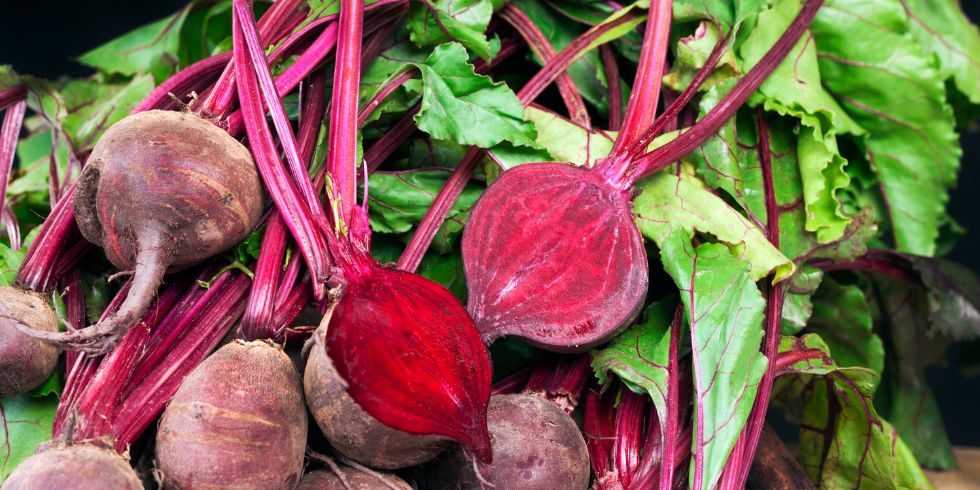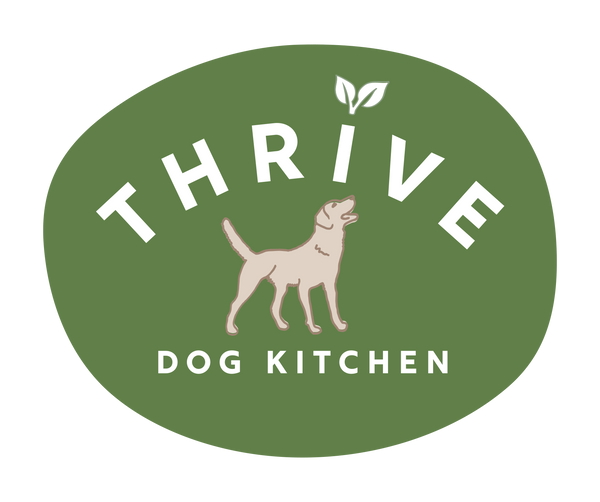
Beetroot for Dogs: The Health Benefits
Share
Have you ever wondered if those vibrant red beetroots in your weekly veggie box could benefit your dog? As more pet parents embrace fresh, whole-food nutrition for their dogs, beetroot is emerging as a nutrient-powerhouse worth adding to your pup's bowl.
The Ancient Root with Modern Benefits
While humans initially harvested beetroot for their leafy greens rather than their roots, today we recognise the entire plant as a nutritional goldmine. These root vegetables, ranging from deep crimson to golden yellow, shouldn't be confused with sugar beets or beet pulp commonly found in commercial pet foods. Garden beets, or table beets, offer a unique combination of nutrients that can support your dog's health when incorporated thoughtfully into their diet.
Scientific-Backed Benefits of Beetroot for Dogs
Recent research has unveiled impressive health benefits of beetroot, making it an excellent addition to your dog's fresh food rotation:
Natural Anti-Inflammatory Properties
Beetroot's distinctive bright color comes from betalains, a group of powerful antioxidants. A 2015 study published in the Journal of Nutrients demonstrated that betalains possess significant anti-inflammatory properties, potentially helping to reduce chronic inflammation in both humans and animals.
Cardiovascular Support
One of beetroot's most notable features is its high concentration of dietary nitrates. Research has shown that these compounds convert to nitric oxide in the body, supporting healthy blood flow and potentially reducing the risk of cardiovascular issues. A 2021 study highlighted how dietary nitrates from beetroot could improve endothelial function, particularly beneficial for active dogs.
Essential Nutrients for Overall Health
Beetroot delivers an impressive nutrient profile with minimal calories:
-
Folate (natural Vitamin B9): Crucial for DNA synthesis and maintenance, supporting coat health and immune function
-
Manganese: Essential for bone development and protein metabolism
-
Vitamin C: Supports immune system function and tissue repair
-
Vitamin K: Vital for proper blood clotting and bone formation
-
Fibre: Both soluble and insoluble types for digestive health
Fresh vs. Commercial: Understanding Beets in Pet Food
Many commercial pet food manufacturers include beet products in their formulations, but there's an important distinction to make. Most use beet pulp, a by-product of sugar beet processing, primarily as a fibre source. While beet pulp has its place, it doesn't offer the same comprehensive nutritional benefits as fresh beetroot.
How to Safely Add Beetroot to Your Dog's Diet
Preparation Methods
-
Steam or lightly boil: This method maintains nutritional value while making the beetroot easier to digest
-
Retain cooking water: It contains valuable nutrients that can be added back to your dog's meal
-
Keep the skin: It's packed with additional nutrients
-
Don't forget the greens: Beetroot leaves are nutritious and can be prepared similarly
Serving Suggestions
-
For raw feeding: Finely grate or purée raw beetroot
-
For cooked options: Blend or finely chop cooked beetroot
-
Portion size: Start with 5-10% of their daily food intake
-
Rotation is key: Alternate beetroot with other beneficial vegetables
Pro tip: Don't be alarmed by pink-tinged urine – this is a normal effect of beetroot consumption!
Supporting Your Dog's Health Journey
In our fast-paced urban lifestyle, finding time to prepare fresh vegetables for our dogs can be challenging. That's why we've thoughtfully incorporated nutrient-rich beetroot into our Winter Blend, alongside red cabbage, cranberries, and nourishing beef bone broth. This convenient solution provides your dog with beetroot's benefits while supporting gut health, digestion, and immune function – perfect for busy pet parents who want the best for their four-legged family members.
Remember, every dog is unique, so observe how your pet responds when introducing any new food. If you're interested in learning more about fresh food nutrition for your dog, as a certified canine nutritionist I’m here to guide you on your journey to optimal pet health.
[Sources: Research findings from studies published in Journal of Nutrients (2015), Frontiers in Nutrition (2021), and Journal of Clinical Medicine (2016)]
